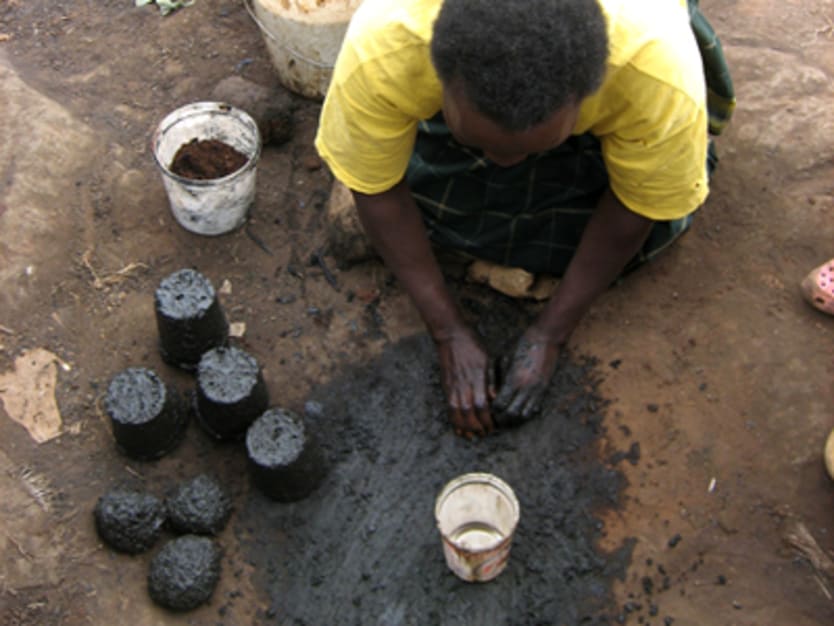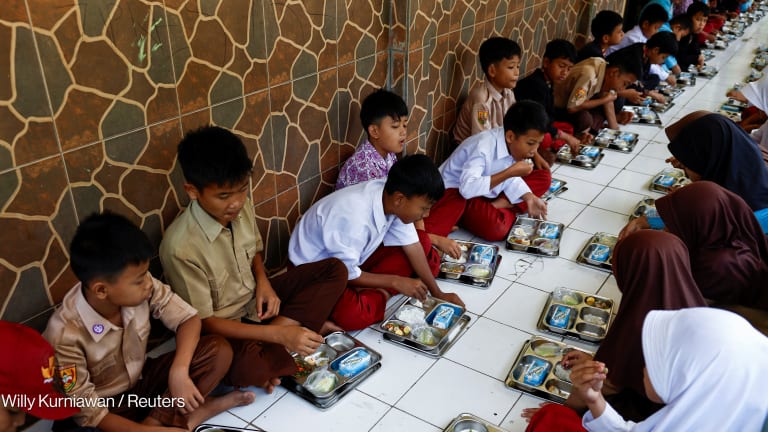
Charcoal briquettes have become an important source of cheap fuel for many people in developing countries that largely use it for cooking, at the same time helping to preserve trees that would have otherwise been used as firewood.
But would you use charcoal briquettes made from human waste?
This is a challenge that not-for-profit group SNV sees once it starts promoting the use of these charcoal briquettes it has developed with the Technology Consultancy Centre of the Kwame Nkrumah University of Science and Technology as a sustainable energy source in Ghana.
Most people in Ghana still use traditional cooking fuels like firewood and charcoal, which puts a strain on the environment. Alternative cooking fuels such as LPG and biogas meanwhile are not yet made largely available in many parts of the country, particularly in the rural areas, Wim van Nes, SNV Netherlands’ senior strategy officer for renewable energy, told Devex.
Sanitation meanwhile remains a huge issue in much of Africa.
The product has yet to be introduced in the market, and SNV still needs to pilot it on a small scale in different market niches, to see how well — or not — these products can be adopted, the right price, and just simply if people would use it.
Equipment needed for the process, such as to separate the solid from the liquid waste, or drying them, is not so much of a problem, explained van Nes, as these can easily be found. But the biggest question is: Will people be willing to touch briquettes made from human excreta?
“Human excreta in many cultures including those in Africa have sometimes a very bad connotation. People don’t really like to touch it. They like to stay away from it. So that cultural aspect will have to be part of this pilot, to see whether people are really also willing to handle [charcoal] briquettes made of human excreta,” he said.
SNV hopes to secure funding for the pilot phase from the private sector, as pilot testing can no longer be done in university, but in communities. The representative from the not-for-profit is however aware that it can be difficult to mobilize private sector funding at this stage without assurance that there is a market for this product.
“At this stage, the private sector may hesitate to already put too much fund into it. It’s a bit early … it’s more realistic that we look for donor funding, [those] who may be interested in supporting this kind of activity,” argued van Nes.
Read more development aid news online, and subscribe to The Development Newswire to receive top international development headlines from the world’s leading donors, news sources and opinion leaders — emailed to you FREE every business day.








